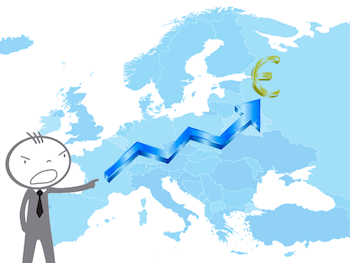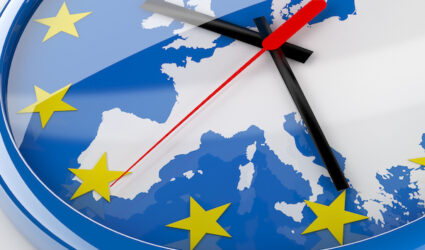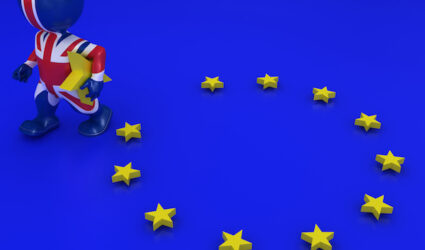24 March 2016
The worrying trend of electricity prices in Europe


As is the case every year, EURELECTRIC released its report on the factors explaining the evolution of electricity prices for the end user: ‘Making sense of your electricity bill’. Focusing on 2014, the analysis clearly confirms the trend observed already in 2013: the recent price rises are linked to the increasing shares of « policy costs » and « taxes »…
The average electricity price paid by European households has increased of 15% from 178 € / MWh in 2008 to 205 € in 2014*. When having a closer look at it, one realises that the only « electricity » share of the bill (i.e. generation, trading and selling) has decreased of 7% due to the significant decrease of wholesale prices in the period.
On the contrary, the share linked to « transmission » and « distribution » costs has increased from 46€ to 54€, representing a rise of 18% largely to be explained by maintenance efforts as well as the investments necessary to adapt the network to the increase of decentralized generations.
Above all, it is the « policy costs » and « taxes » that spectacularly increased their burden on the bill, rising from 51€ to 75€ / MWh, gaining 47%. It thus reached the same level as the electricity shares: 41 € out of the 75€ are taxes (VAT, excise duty) and 34€ for subsidies (support to RES, energy poverty, etc.). Consequently, the cost structure has faced substantial changes over a 6-year time period, as illustrated in the following graph:


The electricity share has fallen from 45% of the final price to 37% whilst the « policy costs and taxes » share has increased from 29 to 37%. The « transmission » share remained overall stable at 26%.
Significant divergences across the EU
This overall result encompasses large divergences across the EU depending on the industrial situation as well as energy policies in each Member State. Indeed, the “policy costs” and “taxes” share is particularly high in Denmark (66%) and Germany (52%). On the opposite, countries with high wholesale prices have kept a more traditional energy share such as in the UK (62%) and in Italy (43%). France stands at a crossroads, with an “energy” share of 37% against 31% for “taxes”.
To summarize, EURELECTRIC underlined the current paradoxical situation. Indeed, the European Commission calls for more competition at the level of electricity offers whereas the “energy” share only represents a third of the overall bill. Furthermore, the Commission aims to give customers more responsibility in controlling their consumption in a more proactive way. This would require giving them access to consistent price-signals, i.e. incentivise them to modify their behaviours in terms of use of highly emitting energy. Yet, what is happening is actually quite the opposite. Not only do European customers not benefit from the increase of wholesale electricity prices, but the increasing share of taxes and policy costs in their final bill might also, in the long term, discourage them from using low-carbon electricity for their cooling and heating usage, such as renewable electricity, instead of the most emitting sources of energy such as coal and oil.
*all values are expressed in 2014 euros.
Find out more
Vision and missions


About us
The Union of the French Electricity Industry is the trade association of the French electricity sector. We bring together companies from the whole value chain of the electricity industry.
Find out moreEvents of the sector


Annual conference


Our 2024 conference
2024 annual conference of the Union of the French Electricity Industry
The next edition of the UFE conference will be hold on 10th December 2024, in Paris.









